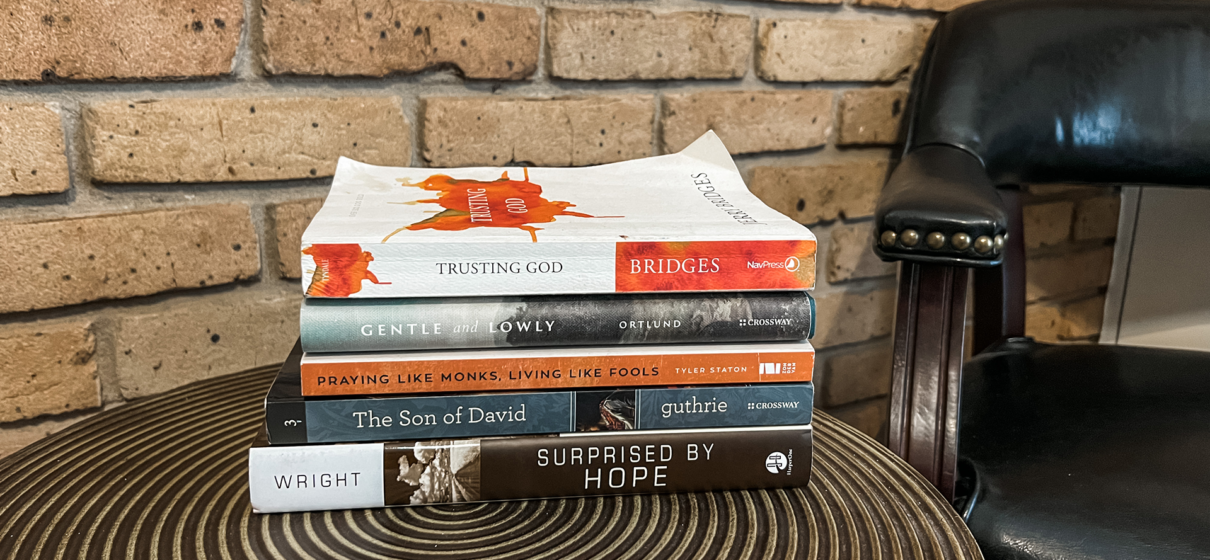How to Find Real Rest During Spring Break
It is the second semester of school, the holiday season is past, but baseball and rodeo season are upon us.
If you’re anything like me, one busy season just leads into another busy season.
Once this thing/season/class/whatever is over, then I will have time to take a break.
But then there’s always just another thing/season/class/whatever!
Spring break is around the corner, and I want to encourage you (and me) to rest.
But I mean more than just take naps, vacations, and breaks from our normal activities.
Real rest.
Not just the kind of rest promised by our culture, but a rest that is promised by God.
Naps and vacations are good and necessary, but they will never truly slow down our hurried hearts and minds. We need a rest that is not momentary, but constant and sustaining. We need the rest of Jesus.
In an oft-quoted passage, Jesus calls to all people to find true rest in him:
Come to me, all who labor and are heavy laden, and I will give you rest. Take my yoke upon you, and learn from me, for I am gentle and lowly in heart, and you will find rest for your souls. For my yoke is easy, and my burden is light. (Matthew 11:28-30)
Whatever your job, schedule, or suffering, Jesus is the only place we can truly experience rest—true rest—soul rest. And it comes not merely from taking a break, but in running toward Jesus, learning from Jesus, and surrendering to Jesus.
1. Go to him.
To find true rest, run towards Jesus. His offer of life, purpose, and peace in him is an open invitation to all people. No matter your burdens, anxieties, or struggles, remember that his invitation is to you. Don’t distract yourself with empty alternatives. Instead of 15 more minutes sleeping in, pray with your spouse. Instead of one more Netflix show, journal your hopes and prayers before bed. Go to the one who loves you, seeks you, and saves you: in prayer and thought, in your desires and time – go to him and find peace in his presence.
2. Learn from him.
To truly experience the rest of Jesus, you have to understand and know him. Learn from me, he says. This isn’t a boring history lesson; it is coming face to face with the Creator of the world, the purpose of life, the answer to all suffering and sin in the world. Open your Bible this spring break – read scripture to your children or begin your day with a devotional. Study the Word of God and begin to understand and experience his promised rest.
3. Surrender to him.
Our lives are full of expectations and burdens, but Jesus takes on all that we bring to him. Life in Christ should not give us anxiety or fear of failure, but instead free us up to live independently of this world and dependently upon the one who knows, rescues, and redeems us. He is the only one who will bring us true rest, because he is the only one who can quiet our anxiety, fulfill our longing, and give us eternal significance. We are all seeking after something; we are all finding our identity and purpose in some promise. When we surrender to Jesus, he takes on our burdens and frees us to live a life of true peace and purpose – the only life of true and eternal rest.
This spring break, take your extra time and reject the temptation to simply fill it with other frantic activities. Instead, fill it with a whole new way of life in Jesus.
Let this week be not just a blip or break but the beginning of rest in him.










